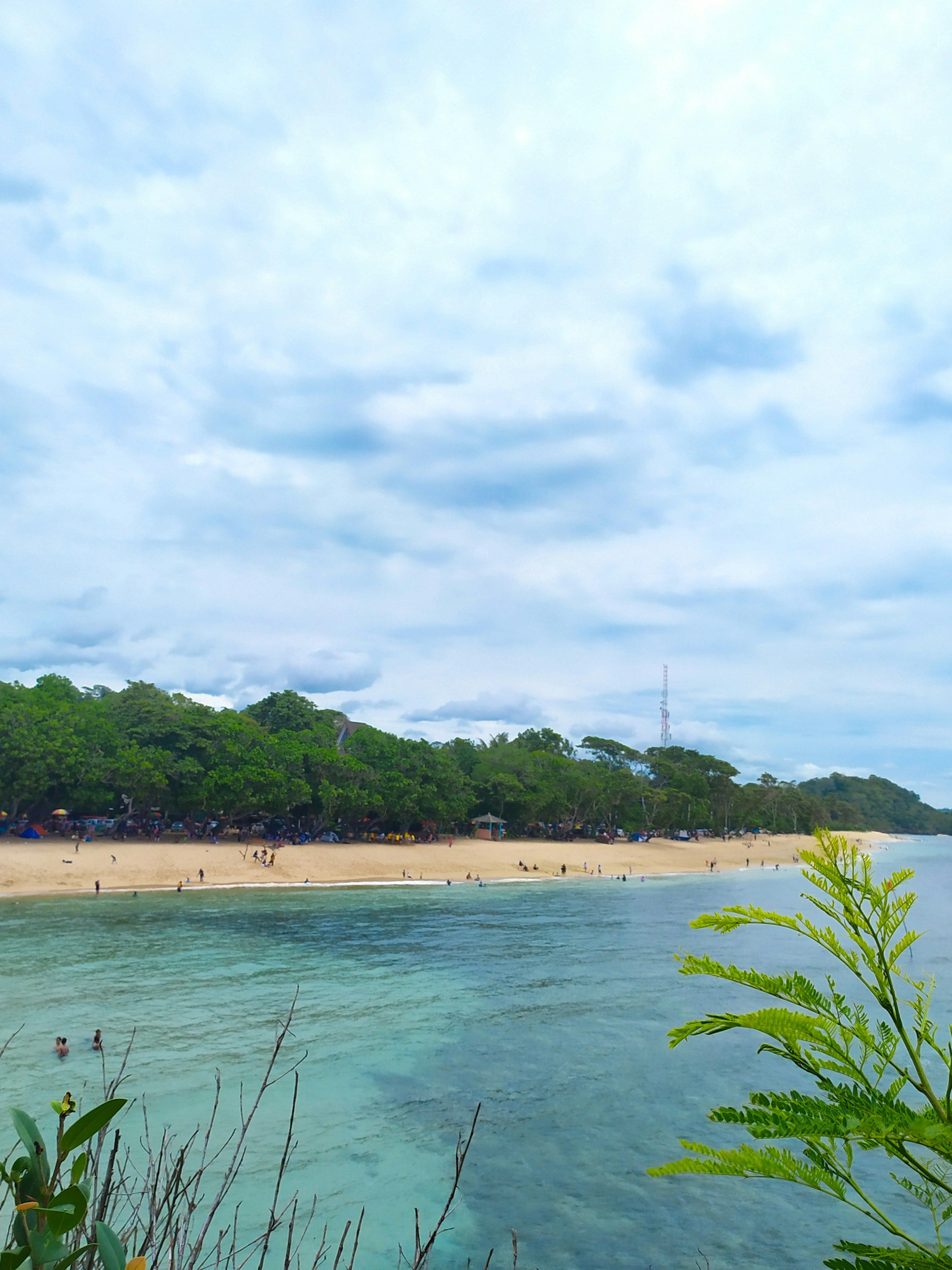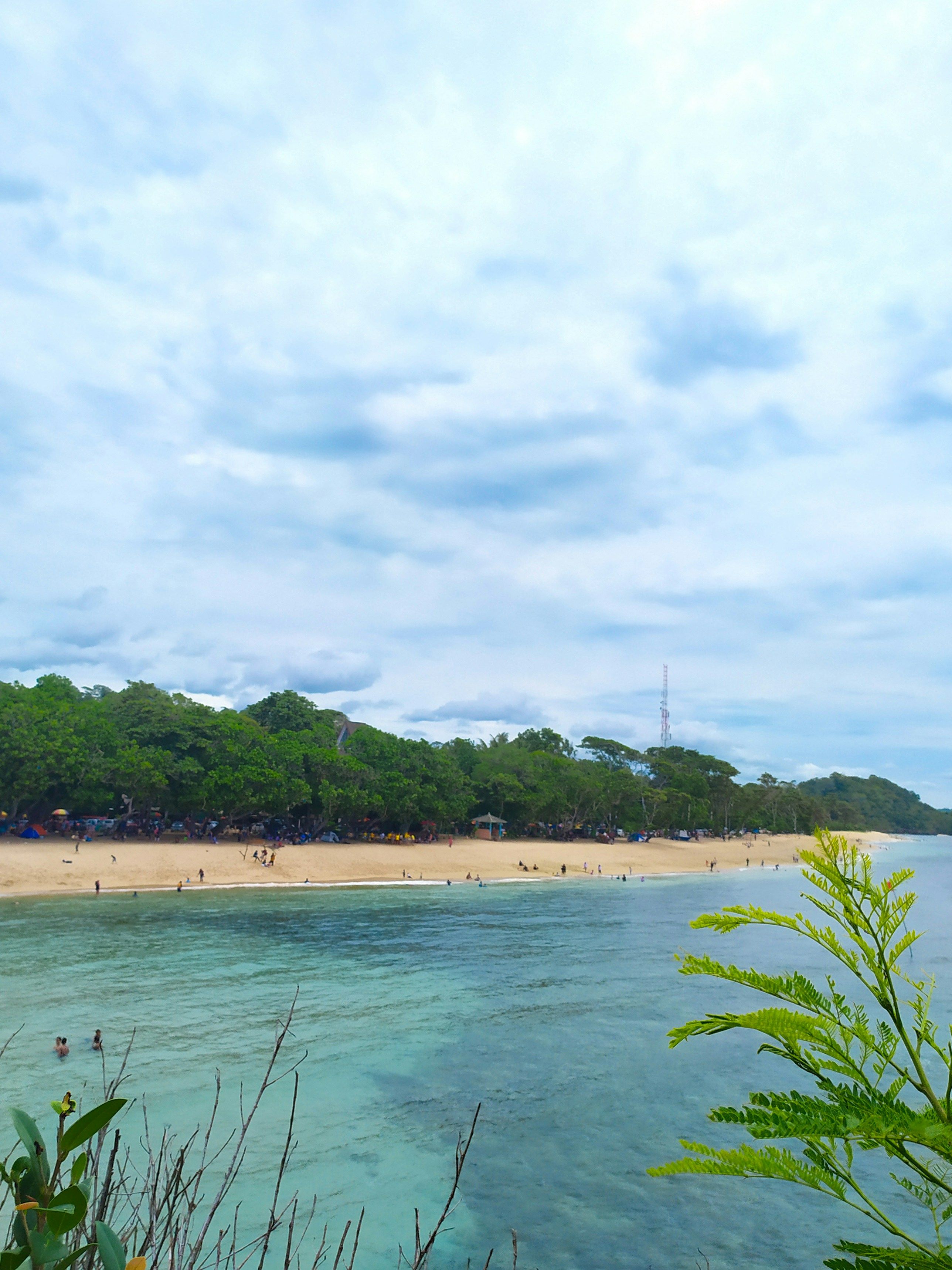Bayer to Eliminate Hundreds of Positions in the Plant Preservation Sector
Restructuring Bayer's Crop Science Division: A Necessary Evil
Bayer, the German pharmaceutical and life sciences giant, is undergoing major changes in its Crop Science division, shaking up its operations in response to cutthroat competition from Asian manufacturers and mounting regulatory hurdles.
The company, headquartered in Leverkusen, has announced that it will shutter its site in Frankfurt's Industriepark Höchst by the end of 2028, affecting around 500 employees. Some production will be offloaded, while the remaining chunks will be shifted to sites in Dormagen and Knapsack. The research and development activities will instead get consolidated at Monheim am Rhein, where a new research center for crop protection products is under construction.
Frank Terhorst, strategy chief of the Crop Science division, explained the depressing reality they've been facing: "We've been battling astronomical excess capacities and rock-bottom prices from China in recent years." These price wars have created a glut in the market for generic crop protection products, pushing down prices below the manufacturing costs in Europe.
The storm isn't limited to Frankfurt. Dormagen, currently buzzing with around 1,200 workers, will also feel the heat. Around 200 jobs will be axed by the end of 2028, with the focus shifting to more profitable products. The production of some generic active ingredients, flooding the market with cheaper alternatives, will be stopped entirely.
The works council and IG BCE union are less than thrilled about the decisions, with union representative Francesco Grioli deriding them as a "radical overhaul in the 162-year history of the company, flying in the face of Bayer's commitment to Germany."
Bayer is not done yet, though. They're still figuring out the details for the affected employees in Dormagen. Some of the jobs in Frankfurt may survive, courtesy of partial relocations or asset sales. Additional measures are fated for the seed business in the US and the glyphosate business, with further changes also in the offing for the European crop protection business.
This restructuring is a key part of the five-year plan for Crop Science that CEO Bill Anderson unveiled in March, aiming to save a cool billion euros and boost the division's margin to a respectable mid-20s percentage by 2029. The division's margin took a beating, shrinking to 19.4% in 2024 (versus 21.7% in 2023). Bayer employs approximately 33,000 folks globally in the agricultural sector, with the number at around 93,000 across the company. The company didn't offer details on the number of German agricultural employees upon request.
Enrichment Insights:
- The strategic reasons behind Bayer's restructuring include the need to focus on high-value technologies and improve global competitiveness.
- The decision is part of a broader strategy to centralize research and development activities at Monheim, Germany, enhancing Bayer's position as a global leader in next-generation crop protection.
- The Crop Science division's performance had an impact on Bayer's overall earnings, leading to a decline in EBITDA before special items.
- Approximately 200 positions will be affected in the active ingredient production and formulation areas as part of the restructuring. Since July 2023, Bayer has let go of around 11,000 employees across all divisions.
- Bayer is working with employee representatives to explore socially responsible transition options for impacted staff.
- The Frankfurt site will be discontinued, with potential partial relocation and asset sales. The Dormagen site will be optimized by focusing on strategic products and discontinuing generic ones. Monheim will become the global hub for next-generation crop protection innovation.
Bayer's strategic decision to restructure its Crop Science division involves a focus on high-value technologies and improves its global competitiveness, particularly in the face of astronomical excess capacities and rock-bottom prices from China in the finance sector. This restructuring is part of a broader business strategy to centralize research and development activities at Monheim, thereby enhancing Bayer's position as a global leader in next-generation crop protection.






